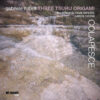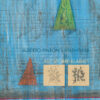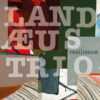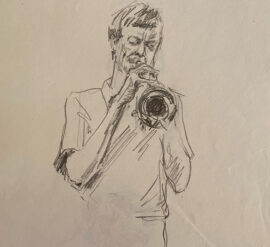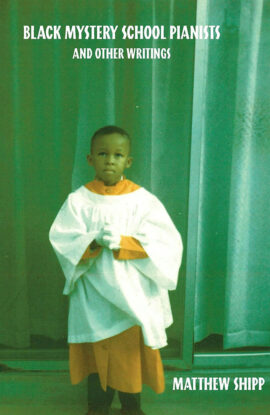
The Wishamalii trio brings together adventurous musicians with very diverse cultural backgrounds – Palestinian-Jordanian, Helsinki-based singer-oud player-composer Nemat Battah, Finnish pianist-composer Kari Ikonen (who uses here his invented Maqiano Microtuning System, that allows him to play the Arabic maqam modes on the acoustic piano) and Ethiopian-born, Finland-based percussionist Abdissa «Mamba» Assefa. The title of the trio refers to the Nordic way of interpreting the Arab-Andalusian Muwashah songs, one of the most important vocal music forms in traditional Arabic music, but most of its repertoire is original. Al Bahr (البحر, The Sea) is the debut album of the trio.
The music of Wishamalii is rooted in classical Arab music but is not defined only by this rich tradition and colors it with concise, playful jazz improvisations. It relies on the distinct creative voices of Battah, Ikonen and Assefa, their deep rapport, and the exquisite rhythmic sensibility of the trio. Battah’s warm, expressive delivery charges the songs – all sung in Arabic (with translations to English in the booklet) except «La Paz Eterna» (Eternal Peace) which is sung in Spanish – with poetic-political charged overtones that resonate in human experiences of refuge, immigration and yearning for the homeland that are not restricted to the ancient sea – the Mediterranean Sea or the Middle East, and offer a desperate, constant hope and appeal for peace.
The album begins with the intricately rhythmic Muwashah «Wallathi Wallaka Qalbi», but the following «Impressions of Deir Al Balah», with lyrics by Jordanian musician Ra’ad Al-Zaben, relates to the Palestinian town in the Gaza Strip, Battah’s hometown, that was destroyed in the current war, but, still, the «port» for Battah’s many, grief-stricken journeys, far from her homeland due to decades-long wars. This theme repeats in the following «Lullaby» where Battah imagines a conversation with her mother, asking for bedtime stories, including about the traumas caused by war.
The title piece uses an original composition by Ikonen with lyrics by Al-Zaben, telling how the Mediterranean Sea has become a grave for people seeking refuge from wars, as the cover artwork suggests, but asks to remember that the Mediterranean Sea has played an important cultural role for millennia. The mournful «Ya Dirati» is a cover of a controversial political-historical song, originally sung by the legendary Syrian singer Asmahan Al-Attrash (sister of singer-oud player composer Farid Al-Attrash), and used its lyrics to convey a message from the Allies Forces to the rebels in Syria: they should not resist the Allied Forces in exchange for independence. However, after the Allied Forces refused to grant independence to the Syrians at the end of World War II, Asmahan was accused of treason. Asmahan expressed her flowing emotions and her messages to the people who mattered to her through the Mawwal style («Oh homeland, don’t blame us, / Don’t blame your reproach on those who betrayed / We sharpened our swords against the enemies / Like the adversary, we don’t value you with cheap prices»). This beautiful, touching album concludes with another famous Muwashah, «Salla Fina» that launches this traditional form into futurist-atmospheric realms, with Ikonen’s moog synth, but still relates to eternal themes of love, nature and mysticism.
Eyal Hareuveni
Nemat Battah (vocals, oud), Kari Ikonen (piano with Maqiano™ Microtuning System, Moog synthesizer); Abdissa Assefa (percussion)

